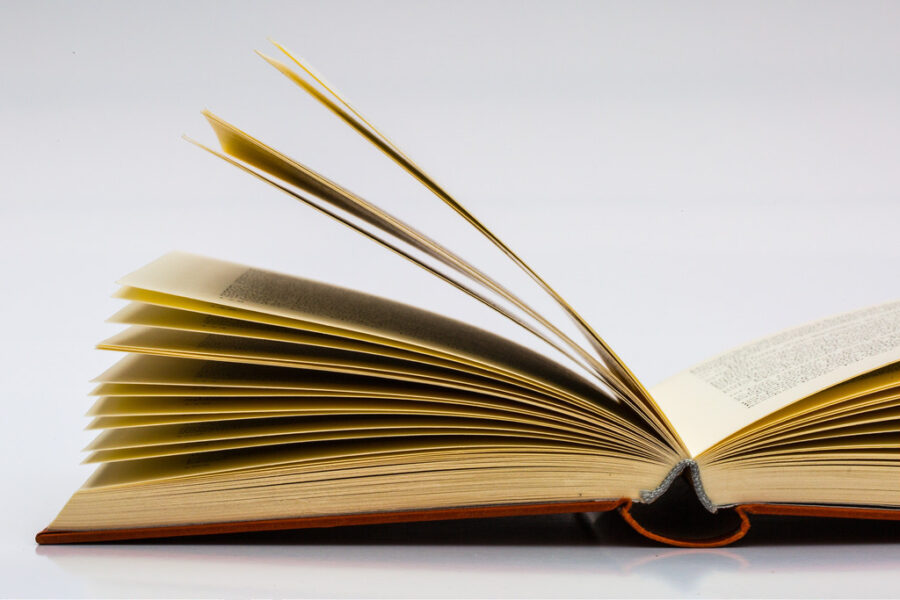Make It Stick: The Science of Successful Learning
by Peter Brown, Henry L. Roediger III, and Mark McDaniel
Drawing on recent discoveries in cognitive psychology and other disciplines, the authors offer concrete techniques for becoming more productive learners. This book explains why and how techniques like spaced repetition support better retained learning. It also describes how “illusions of competence” affect performance by using minimally effective learning strategies like rereading, highlighting and underlining.
Peak: Secrets from the New Science of Expertise
by Anders Ericsson and Robert Pool
Peak condenses three decades of original research to introduce an incredibly powerful approach to learning that will challenge the way that you think about learning. It offers invaluable, often counterintuitive, advice on setting goals, getting feedback, identifying patterns, and motivating yourself (and your learners).
The Art of Changing the Brain: Enriching the Practice of Teaching by Exploring the Biology of Learning
by James Zull
Zull is a Professor of Biology and Biochemistry at Case Western University as well as being the Director of the University Center for Innovation in Teaching and Education. Rethink your teaching strategies while you read.
Design for How People Learn
by Julie Dirksen
This book is a practical and easy read for teachers who want to rapidly recalibrate how they design modern learning approaches.
How Learning Works: Seven Research-Based Principles for Smart Teaching
by Susan A. Ambrose, Michael W. Bridges, Michele DiPietro, Marsha C. Lovett, Marie K. Norman, and Richard E. Mayer
Drawing upon research in psychology, education, and cognitive science, the authors have demystified a complex topic. Full of great ideas and practical suggestions, all based on solid research evidence, this book is essential reading for teachers.
